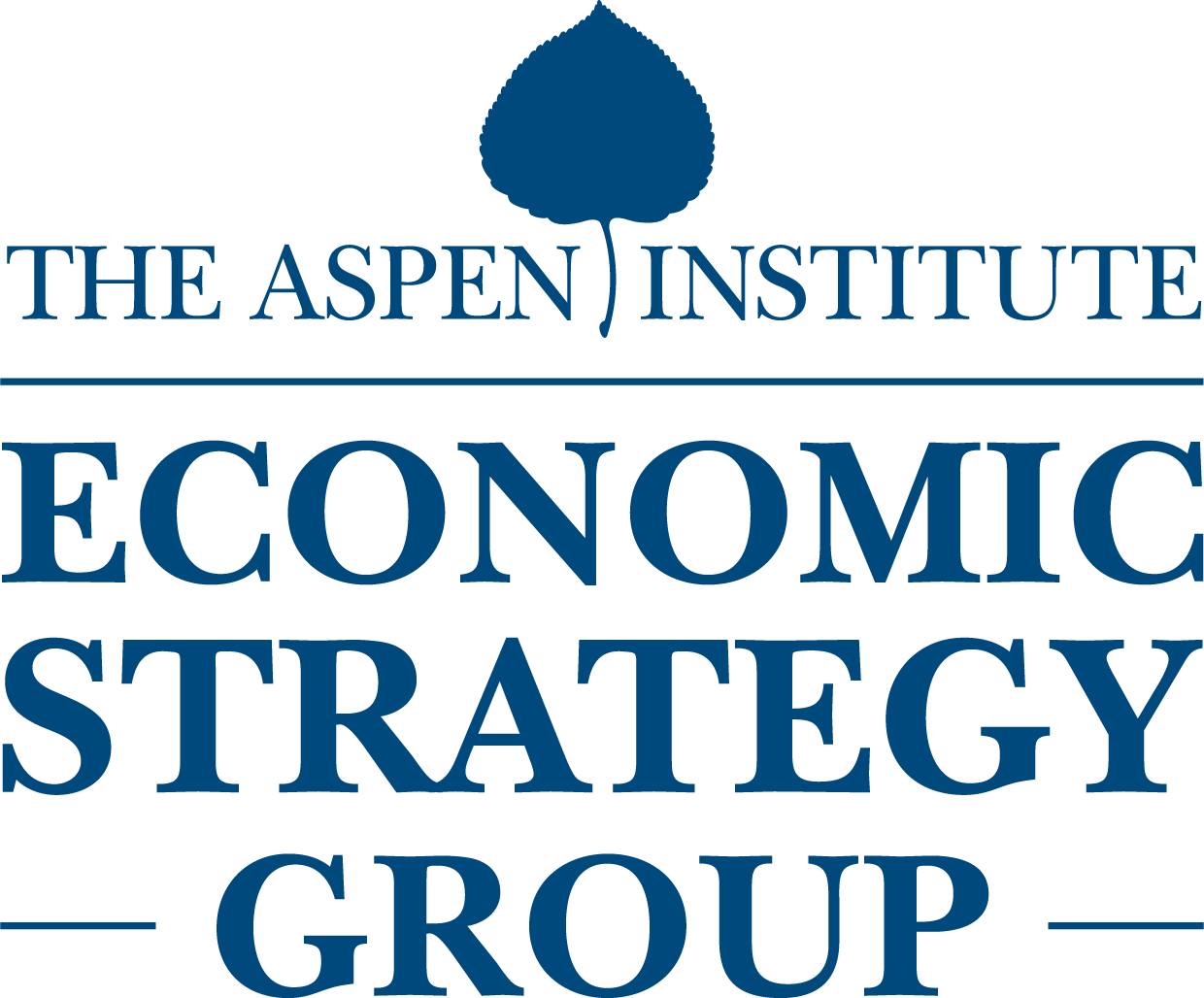
Business Insider: The Math Is Clear: Universal Basic Income Is A Terrible Idea
Originally published on Business Insider.
It’s not a new idea, but few could have predicted that talk about universal basic income (UBI) would be receiving as much attention as it is today — especially among candidates for president of the United States.
Andrew Yang has made UBI the cornerstone of his campaign and is now enjoying a steady rise in the Democratic primary race. Other candidates, including Sen. Elizabeth Warren, have recently expressed an openness to the idea.
Widening income inequality, stagnant median income growth, declining economic mobility, and concerns over the effects of automation are all driving renewed debate over the topic across the political landscape.
But despite the growing popularity, UBI is a flawed idea that would do little to fix the issues some supporters claim it addresses.
UBI’s renewed popularity
UBI has a fairly high level of approval among the electorate, which explains the attention it’s receiving from candidates. A recent Gallup poll suggests that while less popular here than in the UK and Canada, 43% of Americans support the idea of UBI to subsidize jobs lost to artificial intelligence.
The premise of UBI is to provide individuals with an unconditional income guarantee from the government regardless of personal circumstances or family income. For instance, a version of UBI popularized by labor leader Andy Stern, journalist Annie Lowrey, Yang, and others would distribute a $1,000 check once a month to every adult in the US.
Advocates suggest that UBI would address rising income equality, insulate households from the effects of globalization and technological innovation, and be more efficient than the complicated set of existing transfer programs targeting different populations or types of need.
While elements of UBI may be appealing in the abstract, in practice it’s an inefficient, extremely expensive, and potentially harmful policy that would solve none of those three challenges.
UBI directs resources inefficiently
Let’s start with concerns about the income gap in the US.
If the goal is to design a progressive policy that better redistributes income, UBI is a terrible tool. Unlike programs crafted to specifically help people with low income and those with disabilities, a UBI program would, by design, spread payments across the widest possible base.
This means that while the economically vulnerable would receive support, so too would middle- to upper-income families. Why give some money to everyone, rather than offer dedicated assistance to those who need it?
Even if UBI payments were phased out and then capped for earners above a certain income, the program would still end up giving able-bodied working-age adults subsidies alongside families with low incomes, regardless of relative need.
UBI by design fails to account for the elements of life that make families more or less in need of government support — such as having a child with a serious illness or a work-limiting disability oneself — and as such would result in a highly inefficient allocation of resources.
UBI is staggeringly expensive
Further, the likely fiscal costs of a UBI are staggering.
Enacting a UBI that pays $10,000 to every US adult would distribute about $2.5 trillion in benefits each year. That’s roughly 75% of the federal government’s 2018 revenues. To fund a UBI program of this size, Congress would need to pass massive tax increases or spending cuts.
Some proponents of UBI would fund the program, at least in part, by disbanding existing safety-net programs. This would be a disaster.
Cutting a wide array of existing programs — such as the earned income tax credit (EITC), child tax credit (CTC), temporary assistance to needy families (TANF), supplemental nutrition assistance program (SNAP), and disability insurance — would cover only one-fifth of the cost of such a UBI and result in a massive loss of existing transfers to people with disabilities and families with children. This approach would exacerbate the needs of the most vulnerable members of society.
UBI doesn’t address the automation problem
Next, consider concerns about displaced workers and the threat of robots taking jobs. If the goal is to get people back to work, then UBI, again, is a terrible policy.
Giving people unconditional cash payments does nothing to address the root causes of declining employment and wages among less educated people. Whereas a targeted wage subsidy would encourage work and increase take home pay, UBI discourages labor supply.
Instead, we should spend money helping people invest in their own human capital and making it easier for them to get to work. We should spend money on promising career and technical education programs and help low-income workers pay for child care and transportation.
All told, UBI is a sub-optimal and probably harmful policy response to all three of the challenges it purports to address.
There are legitimate critiques to standard social safety net and welfare programs — they can be administered inefficiently and they aren’t structured perfectly to fit the needs of today — but that doesn’t mean they should be abandoned for a shiny policy idea taking Twitter by storm.
Our country is facing serious and daunting economic challenges, and too many people feel left behind in today’s modern capitalist economy. To address these challenges, we need to ground ourselves in reality by looking at the facts and designing programs that address the underlying problems.
Candidates and policymakers should focus spending on targeted benefits and policies that support early-childhood education, skills training, subsidized daycare and housing, and other investments that support families and workers. Evidence shows that’s much more likely to produce the desired social and economic outcomes for the American people than universal basic income.